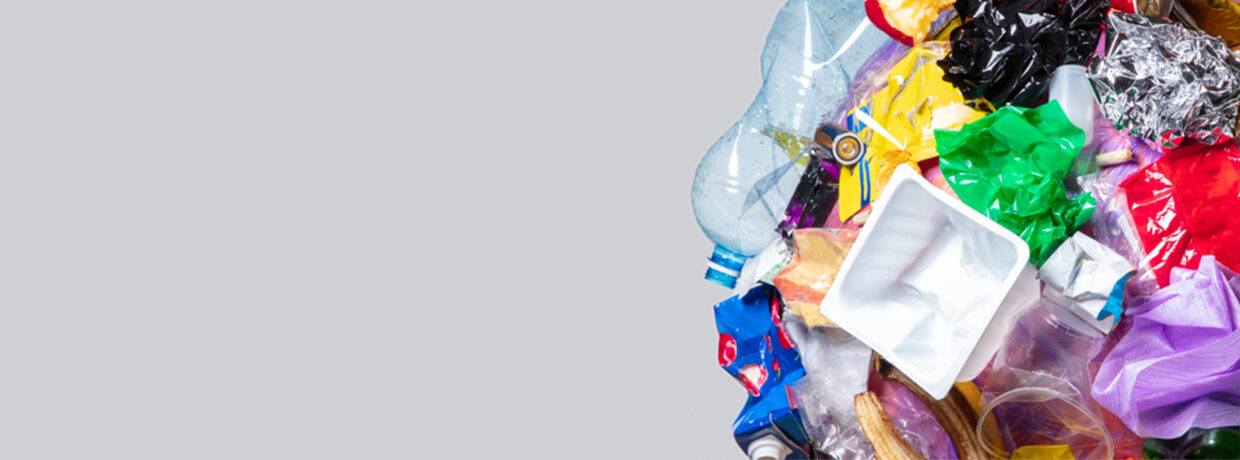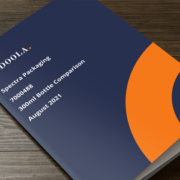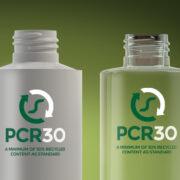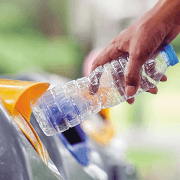One such survey is “The Big Plastic Count” by Greenpeace, a 24-page report that raises serious issues around the impacts of plastic waste, particularly single-use plastic waste.
As the British Plastics Federation (BPF) pointed out in its response to the report, considerable change and innovation are underway in the plastics industry, with ongoing work to scale up technologies and collection systems so that almost all commonly used plastic for packaging can be recycled. https://www.bpf.co.uk/article/bpf-statement-in-response-to-findings-of-the-big-plastic-count-2190.aspx
As a responsible manufacturer of plastic packaging, Spectra recognises many of the challenges highlighted within the report and agrees with some of the actions required to minimise the environmental impact of waste plastics.
However, in our view, some of the findings, particularly around food packaging, require a more balanced approach when considering the enormous environmental impact of food waste. Indeed, the report has not recognised the valuable role of plastics in minimising such harmful waste. Nevertheless, we also believe it is essential only to use plastics when they provide a benefit and that using multi-material packaging should only apply when necessary.
Spectra also believe measures to replace unnecessary single-use items, banning plastic waste exports that only pass the buck onto countries with underdeveloped infrastructures, and a rapid implementation of a Deposit Return Scheme (DRS) would be positive steps forward.
Having read “The Big Plastic Count Report”, we also have fundamental concerns around some of the messaging within the report, which we view as misleading and, at worst, unhelpful.
For example, many may recall that in October 2021, Prime Minister Boris Johnson stated plastic recycling didn’t work in front of a group of impressionable young schoolchildren on a visit to Downing Street, a careless comment that drew widespread criticism at the time. Nevertheless, Greenpeace used his statement in the report despite it being both inaccurate and irresponsible.
In our view, messaging such as this can demotivate consumers from doing the right thing and have a negative effect, especially when feedstocks are under pressure due to the recent implementation of the UK government’s plastics packaging tax.
As the BPF pointed out in its response, recycling can work, with most of the plastic used in the UK recycled within the country by 2030, with only 1% going to landfill and very little exported, providing the proper drivers are in place. A point elaborated in greater detail in its comprehensive “Recycling Roadmap” document. https://www.bpf.co.uk/roadmap
Contrary to some of the messaging within Greenpeace’s report, the UK is recycling more than ever, according to the Global Waste Index, which considers how much waste is generated and how much is recycled, incinerated or sent to landfills. However, it is clear more needs to be done.
Currently, official UK plastic recycling rates stand at 43.8%. However, compared to other materials, it falls well short of other alternatives. For example, glass rates currently stand at 67%, aluminium at 71%, and paper and cardboard as high as 81%. These figures clearly show that the problem isn’t necessarily plastics as a material but more a case of limitations in plastic recycling infrastructures and a lack of consumer engagement.
Indeed, we believe that to improve plastic recycling rates, several changes need to be implemented, mainly substantial investment in the UK’s recycling infrastructure, a national unified and simplified household collection scheme and a change in attitude towards plastics and their value to society.
We think appropriate nationwide infrastructure is required to increase rates significantly and see the current local-level approach whereby councils independently choose differing collection systems as a fragmented strategy that only serves to confuse consumers wishing to do the right thing.
Although the report states that using less plastic is a solution, it ignores that, in most cases, it is often the most appropriate material to use. In many instances, scientific evidence has proved that alternative materials can present more harm to the environment. Indeed, as the BPF was at pains to point out, simply substituting plastic packaging with other materials may not be the best thing for the environment, as highlighted in a recent study by Imperial College London. https://www.imperial.ac.uk/media/imperial-college/faculty-of-natural-sciences/centre-for-environmental-policy/public/Veolia-Plastic-Whitepaper.pdf
To give our customers a better understanding and an opportunity to make informed choices based on science over emotion, Spectra commissioned an independent Life Cycle Analysis (LCA) last year. The analysis aimed to determine the environmental impacts of one of our 300ml HDPE and 300ml PET bottles against industry alternatives in glass and aluminium.
The conclusions from the LCA revealed that, despite having lower recycling rates than their comparative alternatives, the HDPE plastic container provided the lowest overall environmental footprint based on a UK market scenario, with the PET container ranking second. The glass container came third, whilst the aluminium bottle was deemed the most environmentally harmful.
The Full Independent Life Cycle Analysis
Spectra’s Life Cycle Analysis Brochure
Sadly, the report also downplays the essential role of downcycling, otherwise known as open loop recycling.
The importance of open-loop recycling cannot be underestimated. The process enables more plastic items to be repurposed into a huge range of different end products, some of which would need making regardless.
Open-loop recycling ensures such items are not made solely from virgin materials but contain recycled plastics. In our view, by turning products into something other than what they were before, the possibilities for recycling expand significantly. Downcycling can help us get more from old plastic products and give them another life beyond their conventional life span.
Although “The Big Plastic Count Report” report shows we can all do more to reduce plastic waste drastically, Spectra firmly believes using the most appropriate packaging with a proven environmental benefit is always better than just avoiding or banning it. We also agree with the BPF that everyone should recycle as much as possible and treat plastics respectfully rather than demonise them.






